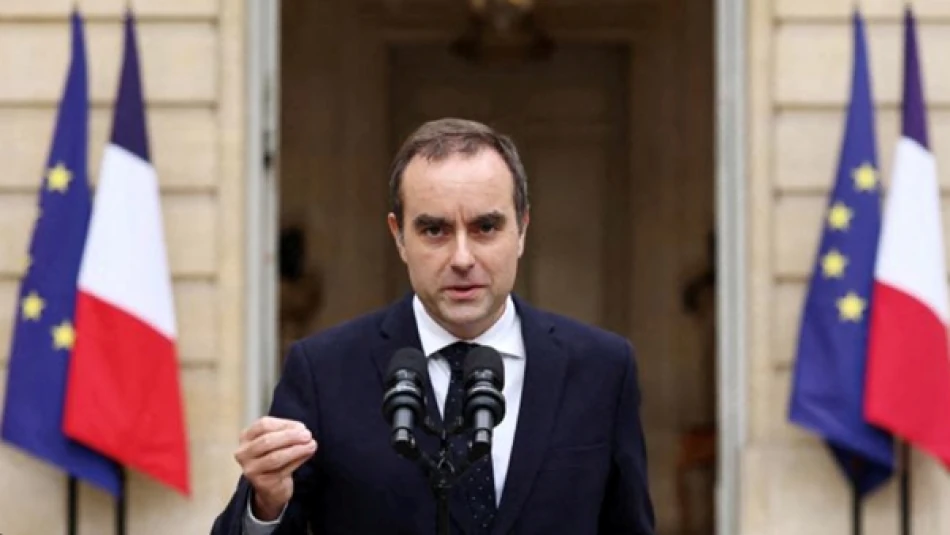
French Prime Minister Survives Two No-Confidence Votes, Bolstering Macron's Reform Agenda
French Prime Minister Sebastien Lecornu has survived two no-confidence votes in parliament, keeping his newly formed government intact. The second and final motion, brought by Marine Le Pen's far-right National Rally party, failed to gain enough support to topple the administration.
French lawmakers began debating the two no-confidence motions on Thursday. The votes came from opposite ends of the political spectrum - the far-right National Rally on one side and the radical left on the other. Both groups wanted to bring down Lecornu's recently assembled government.
The failed votes mean Lecornu can continue as prime minister for now. But the close calls show just how fragmented French politics has become. When both the far-right and far-left are trying to remove the same government, it signals deep divisions in the National Assembly.
This political instability comes at a challenging time for France. The country faces economic pressures and social tensions, making effective governance crucial. For investors and European markets, a stable French government matters because France is the eurozone's second-largest economy.
Le Pen's National Rally has been gaining political influence in recent years. The party's ability to force these confidence votes demonstrates its growing power in parliament, even though it couldn't secure enough support to actually remove the government.
Lecornu now has breathing room to push forward with his agenda. But with opposition from both political extremes, he'll need to carefully navigate future legislative battles to avoid another confidence crisis.
Most Viewed News

 Layla Al Mansoori
Layla Al Mansoori






